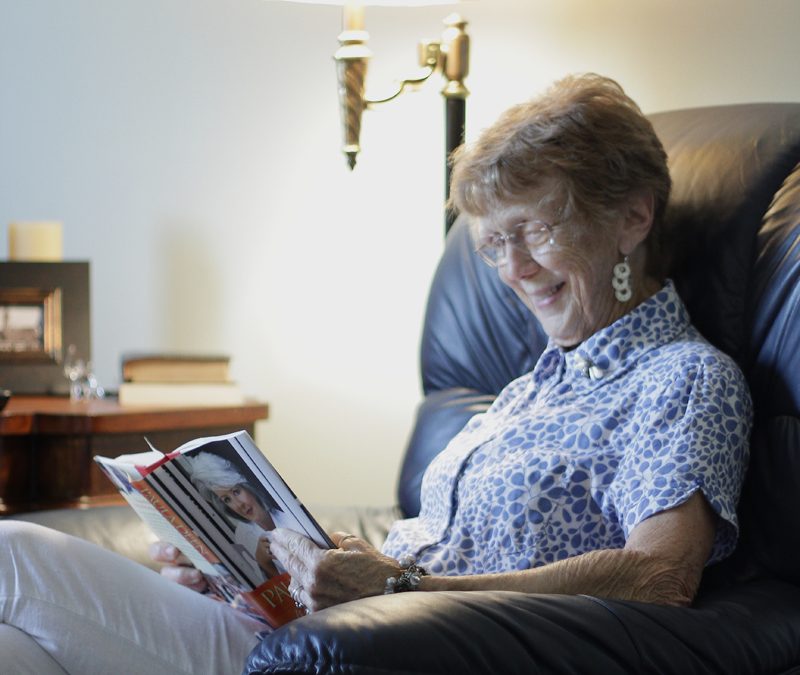 It’s not easy to see a loved one struggle with illness, aging, and decline. Being a caregiver can be incredibly tough. A seemingly overwhelming number of options present themselves. You may have to decide between in-home care, physical therapy, or different levels of independence and assistance offered by senior communities. There are new skills to learn—perhaps medication management, or how to lift someone safely in and out of a wheel chair, or how to navigate insurance and legal documents. You don’t have to feel in over your head, however. By focusing on a few aspects of caregiving, you can make your new role much more manageable.
It’s not easy to see a loved one struggle with illness, aging, and decline. Being a caregiver can be incredibly tough. A seemingly overwhelming number of options present themselves. You may have to decide between in-home care, physical therapy, or different levels of independence and assistance offered by senior communities. There are new skills to learn—perhaps medication management, or how to lift someone safely in and out of a wheel chair, or how to navigate insurance and legal documents. You don’t have to feel in over your head, however. By focusing on a few aspects of caregiving, you can make your new role much more manageable.
Get organized. the first step to any big project, whether at work or at home or in regards to caregiving, is to keep track of all the small moving parts you might forget. Create a special calendar online or in your day planner to keep track of items like medication schedules, doctors’ appointments, physical therapy sessions, hair appointments, and fun outings or events that will involve your loved one. Simply knowing what to expect in coming weeks at a glance can make a huge difference to feeling in control.
Communicate, communicate, communicate. Caregiving, even if you are doing it yourself in your own home, requires a network of people. Doctors, therapists, retirement community staff, insurance representatives, and more, are all involved in your loved one’s care. Be sure to communicate regularly and take notes to be sure you have all the information you need to coordinate the different aspects of your loved one’s care. Most of all, talk with your loved one to ensure they feel involved, in control, and are happy. Being a caregiver involves many things, but the most important is simply to let your loved one know you care, and to be there for him or her.
Be pragmatic. Caregiving is by nature an emotional undertaking. It’s easy to base decisions on how a situation seems or feels, rather than on pragmatism. Try to find the most rational solution to any given scenario, and plan ahead for unexpected events. For example, if a loved one were to fall ill or rapidly decline, it ‘s a good idea to already have a list of ideal rehabilitation communities or assisted living communities that you have personally vetted and feel would be the right choice. Ask yourself what advice you would give to a friend in any given scenario to maintain your objectivity. It can help a lot when you feel lost in the emotional turmoil that can come with caregiving.
With these rules in mind, you can make the job of caregiving so much easier for both you and your loved one. Don’t be afraid to ask for help, and do whatever you can to increase your loved one’s success, comfort, and strengthen your relationship.

